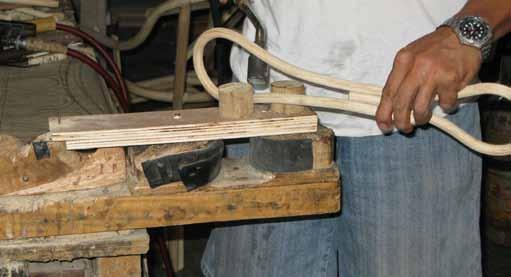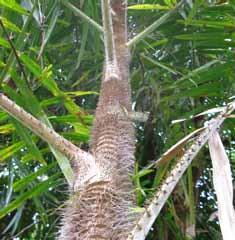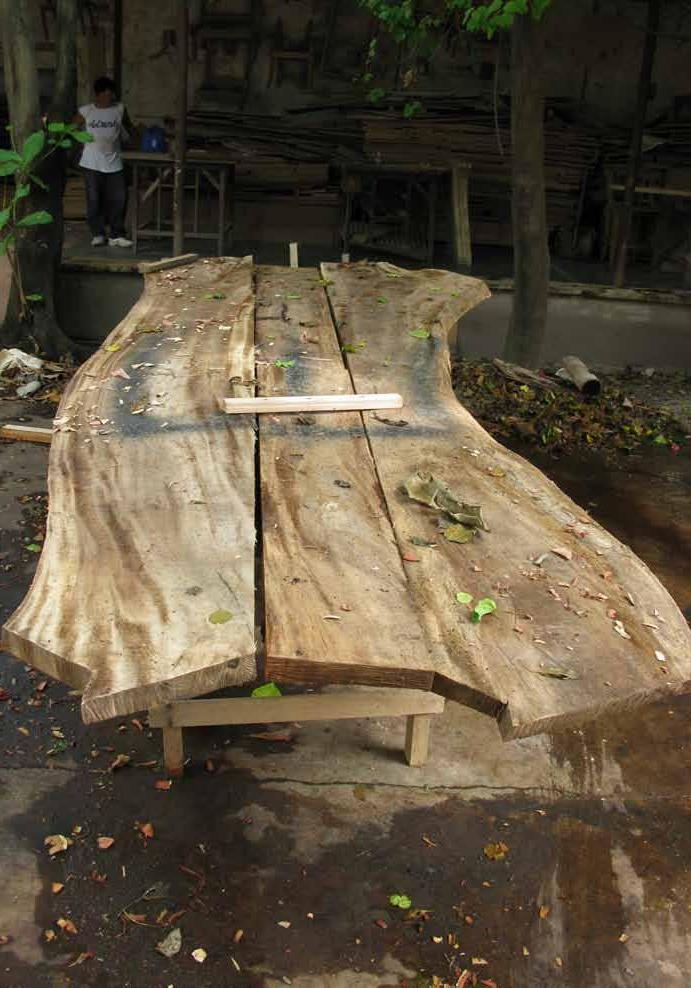5. Conclusions and Recommendations Plantation Wood The market for volume plantation species is currently highly competitive at extremely low prices. The recent crisis of the furniture export industry worsens the situation further. Competition with other countries that produce better products employing cheaper and more efficient operations make it very difficult to realize higher prices for the same product quality and processing level. Additionally, the smallholder structure of plantations in Leyte Island makes it difficult to compete even in the domestic market outside Region 8 while the local market in Leyte cannot absorb the total volume of plantation wood available. To promote the economic well-being of farmers and People’s Organizations whose roles are crucial for sustaining the supply side of the plantation wood value chain, some actions were identified during the workshops for immediate planning and implementation. The goals that the various stakeholders have agreed to pursue to further promote the plantation wood value chain in Leyte are the following: a) Streamline the permitting process; b) Simplify requirements needed for permitting; and c) Install a marketing information system that will make market data accessible to producers (the POs) and the traders and processors. The farmers, POs, and traders can only advocate that these actions be implemented by government organizations, such as the DENR and DTI. These agencies have the mandate and authority as well as the capacity and resources to address the above action points identified by the plantation wood value chain stakeholders. As the government agency tasked with the formulation and implementation of policies on natural resource extraction and utilization, DENR has to improve policies and regulations in such a way that they enable proper and sustainable management of these resources. Because the country’s forest resources are vast, DENR alone cannot fulfill the task of protecting them and hence, it needs the support and cooperation of all sectors in carrying out this function. It is reasonable for government to expect people and communities whose lives depend on the forest to share in this task, but because these people are among the poorest of the poor, it is imperative that their economic needs must also be met. Denying these people access to the very resource they help protect and develop is like negating them the opportunity to benefit from their efforts. This is what happens when permits to utilize forest resources are difficult to secure. DENR should take a look at the rules and regulations covering the entire permitting system and their implementation, with the end in view of streamlining them in a manner that would make them consistent with the avowed policy of developing forests with the help of communities. Closely related to the need for streamlining the permitting system is the simplification of the permit approval process. DENR should rationalize the numerous documents required, and match them with the capacity for compliance by the farmers and the POs. One possible reason for rampant bribe-taking in the sector is the desire of permit applicants to shortcut a very long-winded and complicated process, to avoid getting to line up and to keep returning to DENR offices to obtain signatures of people whose roles Plantation Wood, Rattan and Bamboo in Leyte Island | Value Chains to benefit income generation of forest farmers
65





